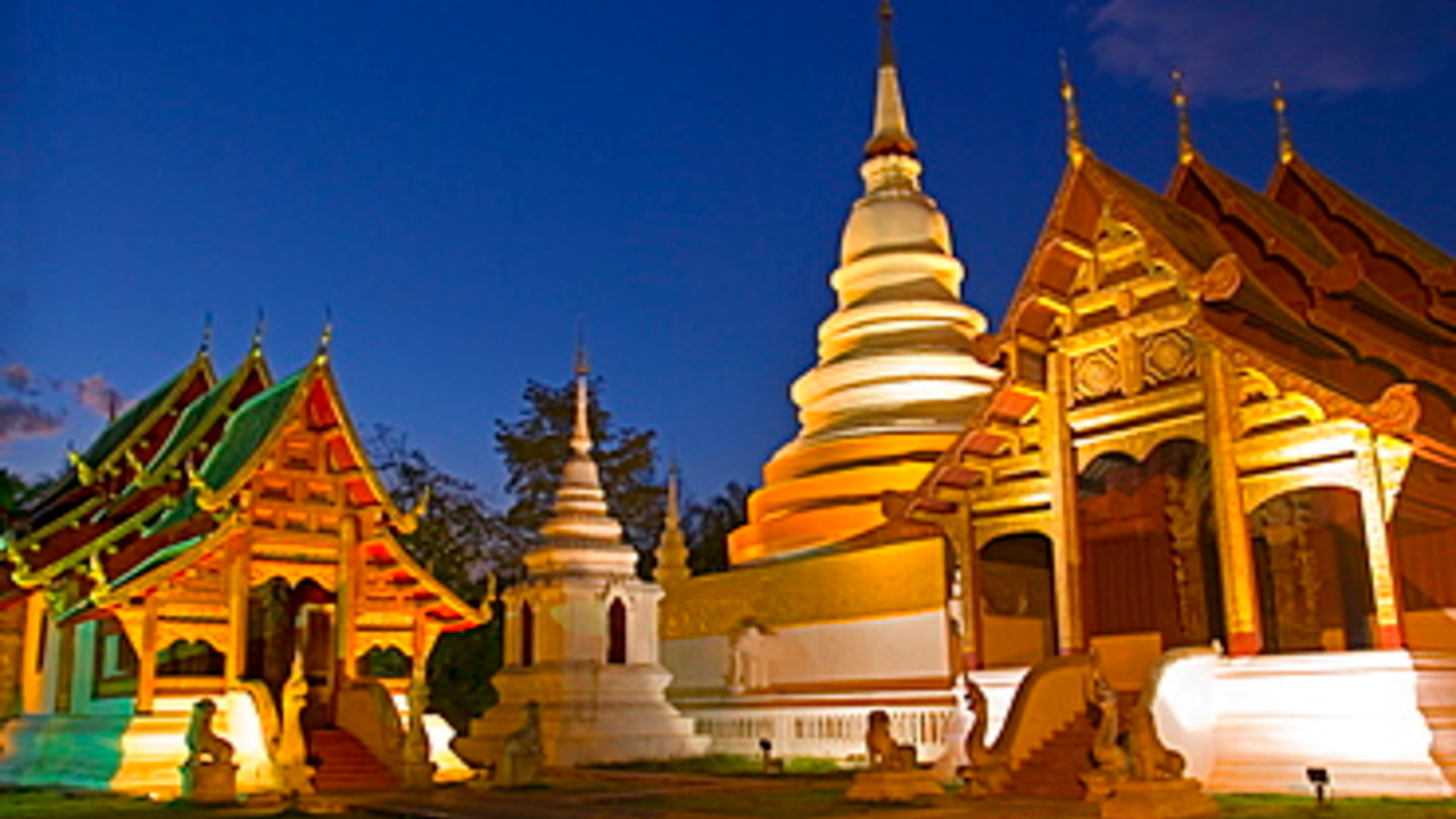Face

The concept of ‘face’ has been a social construct in China for thousands of years. As waves of people from China migrated throughout South East Asia, the idea of ‘face’ came with them. The famous Chinese writer Yin Yutan (1895-1976) once said, “… face cannot be translated or defined.” Yet here I am, just about to attempt this very thing.
One can ‘lose face’ or ‘gain face’ depending on the situation. The role of everyone in society is to manage social engagements so that no one loses face, and ideally, can ‘gain face’. Western words linked to ‘face’ revolve around a similar theme: honor, virtue, authority, respect, social standing, pride, dignity, and prestige.
I recall my first trip to Thailand in 1993; I was young and fresh out of university. A group of us ordered a variety of curries at a touristy restaurant in Chiang Mai. As the dishes came out, none seemed to be the ones we ordered. We were completely outraged in the most dreadful western way. I remember one of my friends saying, “What poor service!” We argued and raised our voices and demanded the appropriate curries.
In retrospect, what we did was make the poor waitress lose a lot of ‘face’. Publicly we let her colleagues, and probably her boss, think that she was incompetent by our noises of disapproval. Realistically, she was probably struggling to make money and couldn’t speak English. Yet we made her pay for it in our rather vulgar vocalizations and facial expressions. She would have felt great embarrassment and shame. Now I know that she would have had to pay for those errors through her pay packet. It would have deeply affected her.
If I get the wrong meal these days, I usually eat it anyway. Most experienced expats do. If it is something I really cannot eat, I will deal with it quietly and respectfully.
I recall another incident that was more nuanced. It happened only a few years ago. I was speaking at a conference. I went up to the podium and connected my USB to their computer. I was setting up my Powerpoint as I had done a thousand times before. Then I noticed that there was a Thai man hovering behind me. I realized that it was his entire job to set up my tech needs. Inadvertently, I had made him lose face. He stood with pride, but I knew that this was in an awful position.
So, a few minutes later, I had an opportunity to make him ‘gain face.’ Another speaker needed to connect their USB, so I gave it to him. He was happy, and it wasn’t much effort for me to correct the situation.
Greng Jai

The speed lesson in ‘greng jai’ is weirdly simple. Its implications in conversations, not so. Geng Jai is a feeling of great respect and compassion. It is the action of not telling someone something that may harm or anger them. Simply put, Western culture would label this lying. But in Thai culture, this is an act of greatest respect. It is essential that we understand this cultural construct. It has the potential to cause great cultural disharmony if not adhered to.
My friend owns a very busy expat restaurant and bar. He has three of everything. Three microwaves, three blenders, three coffee machines, you get the idea. This is because machines break down often and he has spares at the ready. He has begged his staff to tell him when a machine breaks down, so he can fix it.
Yet the staff just replace the machine with a spare and never tell him. Eventually, there is an emergency as none of the machines work.
So why don’t his staff tell him when the machines are broken… yes… you got it… greng jai. He is a ‘superior’ in the hierarchy and they simply couldn’t tell him bad news and upset him. They respect him way too much. Meanwhile, he quietly goes crazy.
If you ask a Thai person for directions, they will smile and tell you to turn left and right and point in certain directions. They do this even if they don’t know the place you are looking for. Why? Partly ‘greng jai.’ They don’t want you to feel angry that they have let you down. Also ‘face’ comes into play. Not ‘knowing’ something could be seen as a loss of ‘face’.
The above are a few simple examples taken from my own experience. I am a keen observer of human behavior, and I still feel quite certain that I still have not cracked these concepts completely. But I do my best to ‘save face’ and recognize ‘greng jai.’ I am saying this without losing face, though.
How about you; have you come across unknown or little-understood cultural concepts in your host country? Share them with us!
by: Rachel Devlin


